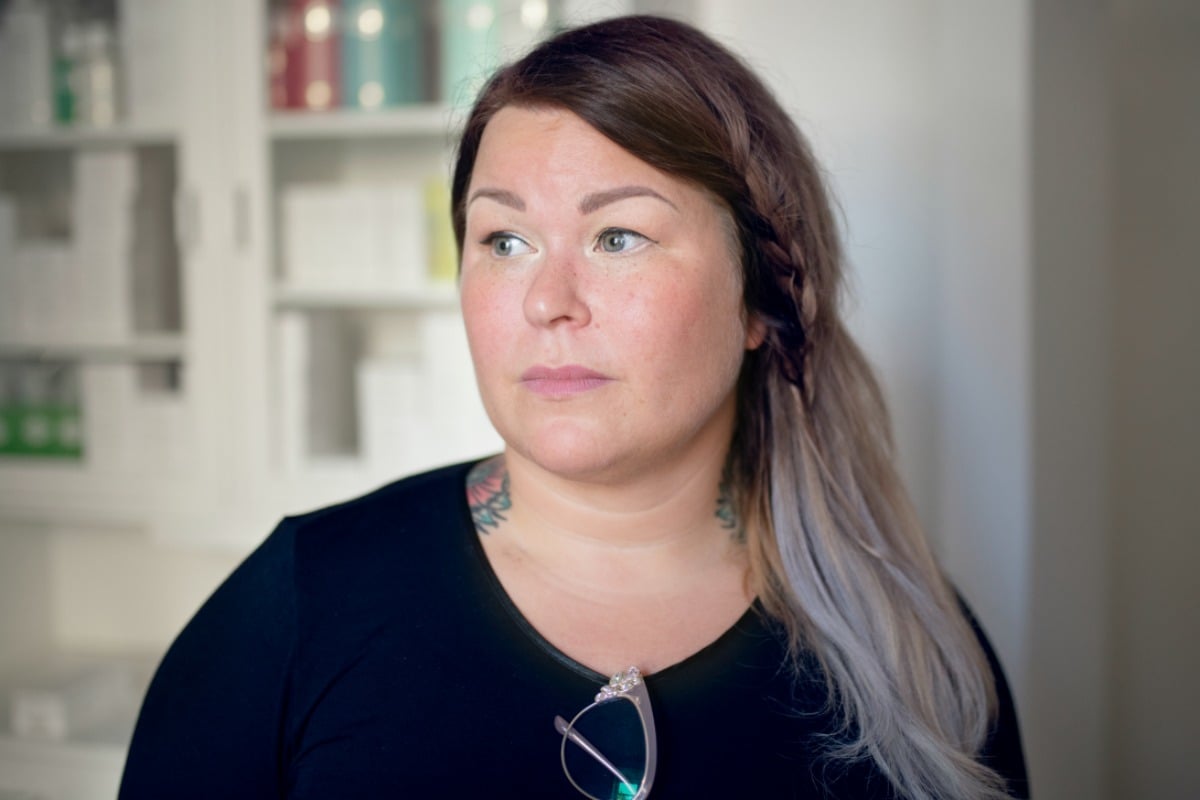
Why didn’t she leave?
We’ve all heard this question, directed at domestic violence victims, usually after they have been murdered by their current or ex-partner.
It sounds so simple, doesn’t it?
He emotionally abuses you? Just leave.
He physically abuses you? Why would you stay?
He’s sexually assaulted you? Get the hell out of there.
But all of this ignores so many different factors – leaving an abusive relationship can often take months, and sometimes years of planning, a lot of money, and when you do manage to leave, you may not be free.
“After a woman leaves a violent relationship she may be at increased risk of violence that is more severe, sometimes leading to serious injury or death. This is one of the reasons that for some women, 'just leaving' is not always the safest option. In fact immediately after a separation is the time of greatest risk of violence,” explained Nicole McMahon, General Manager of 1800RESPECT.
And it’s not just the immediate physical risk to women that is an issue.
Watch: Woman and violence, the hidden numbers. Post continues after video.


Top Comments